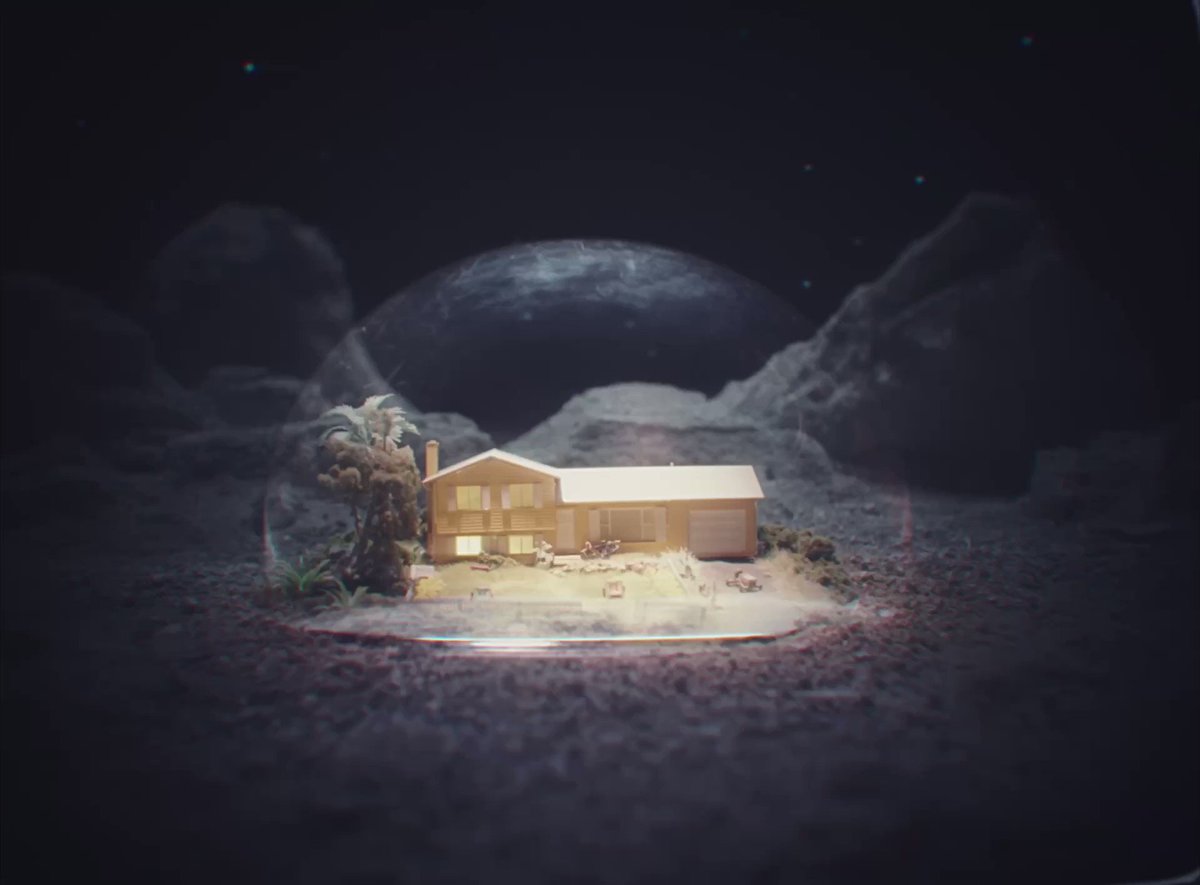What Are Todopokie Leaks And Why Do They Matter Now?
There's a lot of talk these days about online information, and it's almost impossible to ignore the buzz around things like todopokie leaks. People are naturally curious about what this might mean for their own online lives, and frankly, that's a good thing. Keeping up with how information moves around the internet helps everyone stay a bit safer, you know?
When we talk about "leaks" in the digital world, we're really thinking about information that gets out when it wasn't supposed to. It's not just about big companies; sometimes, it's about personal details or account access that becomes public. So, understanding the bigger picture around something like todopokie leaks means looking at how we all handle our online stuff, basically.
This article will explore what "leaks" generally involve in the digital space, why they matter to anyone who spends time online, and what steps you can take to protect your own digital presence. We'll touch on how information, like your stream key for broadcasting, is very important to keep private, as a matter of fact.
- From Champion To Inspiration Ronnie Coleman Now
- Exploring The Race Of Steve Perry A Deep Dive Into His Background And Legacy
- Sophie Rain Spider Man Video
- Froot Vtuber Cheating
- Riley Green Political Party
Table of Contents
- Understanding Online Information
- The Concept of Digital Exposure
- Guarding Your Stream Key and Online Accounts
- Protecting Your Digital Footprint
- Common Questions About Online Security
- Staying Informed About Digital Safety
Understanding Online Information
Our lives are more connected than ever before, and that means we're constantly sharing information, whether we realize it or not. Every click, every post, every login creates a little piece of data. This data, you know, makes up our digital presence.
Some of this information is public by design, like a social media post. Other bits are meant to be private, such as your login details or a special key that lets you broadcast your content. It's like having different rooms in your house; some are for guests, others are just for you, so.
The information you shared, for instance, talks about how important a stream key is for broadcasting on Twitch. It also mentions Twitch as a major platform for gamers and how folks try to manage their online experience, even with things like ad-blocking tools. This really highlights how various pieces of information, and the tools we use, play a part in our online activities.
- Christopher Walken Net Worth
- Where Is Phoebe Cates Now A Look Into Her Life And Career
- 1st Studio Siberian Mouse
- Aishah Sofey Leak Free
- What Does The Term Eiffel Tower Mean
Understanding where your information lives and how it's used is the very first step in keeping it safe. It’s a bit like knowing what's in your wallet before you leave the house, apparently.
The Concept of Digital Exposure
When people talk about "leaks" in the digital world, they're usually referring to private or sensitive information becoming public without permission. This could be anything from personal messages to account details, or even things like a stream key that lets someone else broadcast as you, as a matter of fact.
The idea of digital exposure means that our online actions, and the platforms we use, can sometimes unintentionally reveal more than we'd like. It's not always about someone trying to get your data on purpose. Sometimes, it's just an accident, or a system not being as secure as it could be, in a way.
For individuals, a leak can mean a loss of privacy. For content creators or businesses, it could mean a loss of control over their online identity or even their income. So, the stakes are pretty high, you know?
That's why discussions around things like todopokie leaks get so much attention. People want to know if their own information might be at risk, or if there's something new they need to be aware of to stay safe online, basically.
It's about being prepared and understanding the potential weak spots in our digital lives. Every piece of information that travels online, after all, has a path, and sometimes that path can lead to unexpected places, you know.
Guarding Your Stream Key and Online Accounts
Protecting your online accounts is a big part of staying safe. The information you shared points out how crucial your stream key is for broadcasting on Twitch. This key is basically your permission slip to put your content out there, so it's very important to keep it secret.
If someone else gets hold of your stream key, they could, in a way, broadcast to your channel. That means they could pretend to be you, or just put up content you don't want associated with your name. This is a pretty serious thought, isn't it?
Here are some straightforward ways to guard your stream key and other account details:
- Treat your stream key like a password: Never share it with anyone. Never show it on screen during your broadcasts. The information you shared about going to your Twitch dashboard and showing your stream key is for your own setup, not for public display, naturally.
- Use strong, unique passwords: Every online account should have its own long, complex password. This stops one compromised account from affecting all the others, you know.
- Turn on two-factor authentication (2FA): This adds an extra layer of security. Even if someone has your password, they can't get in without a code sent to your phone or email, which is very helpful.
- Be careful with third-party apps: Some apps ask for access to your Twitch or other accounts. Make sure they are trustworthy before you give them permission, you know.
- Regularly check your account activity: Look for any logins or changes you don't recognize. Many platforms, including Twitch, let you see recent login locations and times, which is quite useful.
The shared information also mentioned how people use browser extensions or scripts, like for uBlock, to manage their online experience, such as blocking ads on Twitch. While these tools aim to give you more control, it's also worth remembering that installing any extension or script means giving it a certain level of access to your browser. So, always make sure you get these tools from reputable sources, too.
Your online security is really a team effort between you and the platforms you use. You do your part by being careful, and they do theirs by providing good security features, basically.
Protecting Your Digital Footprint
Beyond specific account details like stream keys, there's your overall digital footprint. This includes all the traces you leave online, from your social media profiles to comments you've made, and even websites you've visited. It's quite a lot, isn't it?
Managing this footprint is about being mindful of what information you put out there and how it might be used. It's not just about preventing "leaks" but also about controlling your public image and privacy, in some respects.
Here are some ways to protect your wider digital footprint:
- Review your privacy settings: On social media, streaming platforms, and other sites, check your privacy settings regularly. Make sure you're only sharing with the people you intend to, naturally.
- Think before you share: Once something is online, it can be very hard to take back. Consider if you'd be comfortable with everyone seeing a piece of information before you post it, you know.
- Use a Virtual Private Network (VPN): A VPN can help encrypt your internet connection, making it harder for others to snoop on your online activity, especially on public Wi-Fi, which is rather important. For more information on online security, you might look at resources from a reputable organization like the Cybersecurity & Infrastructure Security Agency, for example.
- Be wary of phishing attempts: These are emails or messages that try to trick you into giving up personal information. Always check the sender and the link before clicking, just a little.
- Regularly clean up old accounts: If you no longer use an online service, consider deleting your account. This reduces the amount of your data floating around online, which is a good idea, too.
Protecting your digital footprint is an ongoing task, not a one-time fix. The online world changes, and so do the ways people try to get information. Staying informed and taking small, consistent steps can make a big difference, honestly.
Common Questions About Online Security
People often have questions about staying safe online, especially when topics like todopokie leaks come up. Here are some common thoughts and their answers, you know.
What exactly causes online information to get out?
Information can get out for many reasons. Sometimes, it's a mistake by a person, like accidentally sharing something they shouldn't have. Other times, it's a weakness in a website's or service's security, which hackers might find and use. It could also be from phishing scams, where people are tricked into giving up their details, you know. It's a mix of human error and technical vulnerabilities, basically.
How can I tell if my own information has been part of a leak?
There are services that track known data breaches and can tell you if your email address or other details have appeared in them. Websites like "Have I Been Pwned?" are pretty good for this. You can also get alerts from your password manager or even your email provider if they detect something unusual. Staying alert to unusual activity on your accounts is also key, as a matter of fact.
What should I do immediately if I think my data has been compromised?
If you suspect your data is out there, change your passwords right away for all affected accounts, and any others that use the same password. Turn on two-factor authentication if you haven't already. Also, keep a close eye on your bank statements and credit reports for any strange activity. Reporting the issue to the platform involved can also be helpful, too.
Staying Informed About Digital Safety
The world of online safety is always changing. New threats appear, and new ways to protect ourselves also come out. So, keeping up with the latest advice is a really good idea, honestly.
Reading up on digital security best practices and understanding how platforms like Twitch handle user data can help you feel more secure. It’s about building good habits, like using strong passwords and being careful about what you click, you know.
Remember, your online safety is mostly in your hands. Taking simple, consistent steps can make a big difference in protecting your information and your peace of mind. You can learn more about online security practices on our site, and also link to this page for additional tips, as a matter of fact.
Being aware of discussions around topics like todopokie leaks simply reminds us to be vigilant. It's not about being scared, but about being smart and proactive with our digital lives, basically.
- Does Lol Superman Exist
- Sophie Rain Leaked Nudes
- 124 Squid Game Death
- Two Babies And One Fox
- What Was Lol Superman

bowser’s wife ♡ (@todopokie) / Twitter

𝐩𝐨𝐩 𝐥𝐞𝐚𝐤𝐬🦋 on Twitter:

"This dress makes me feel so sexy :p Do you like it on me ?" by